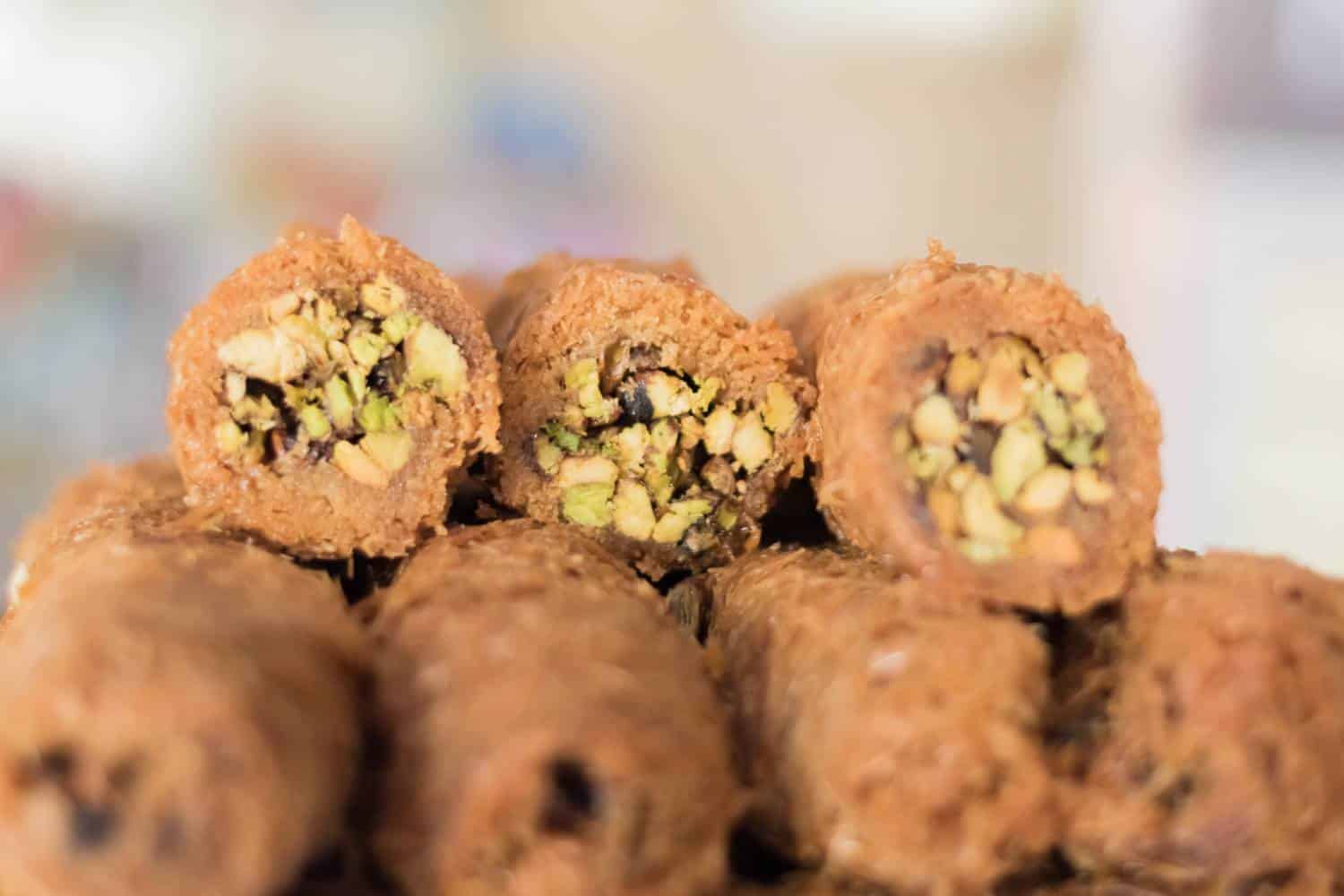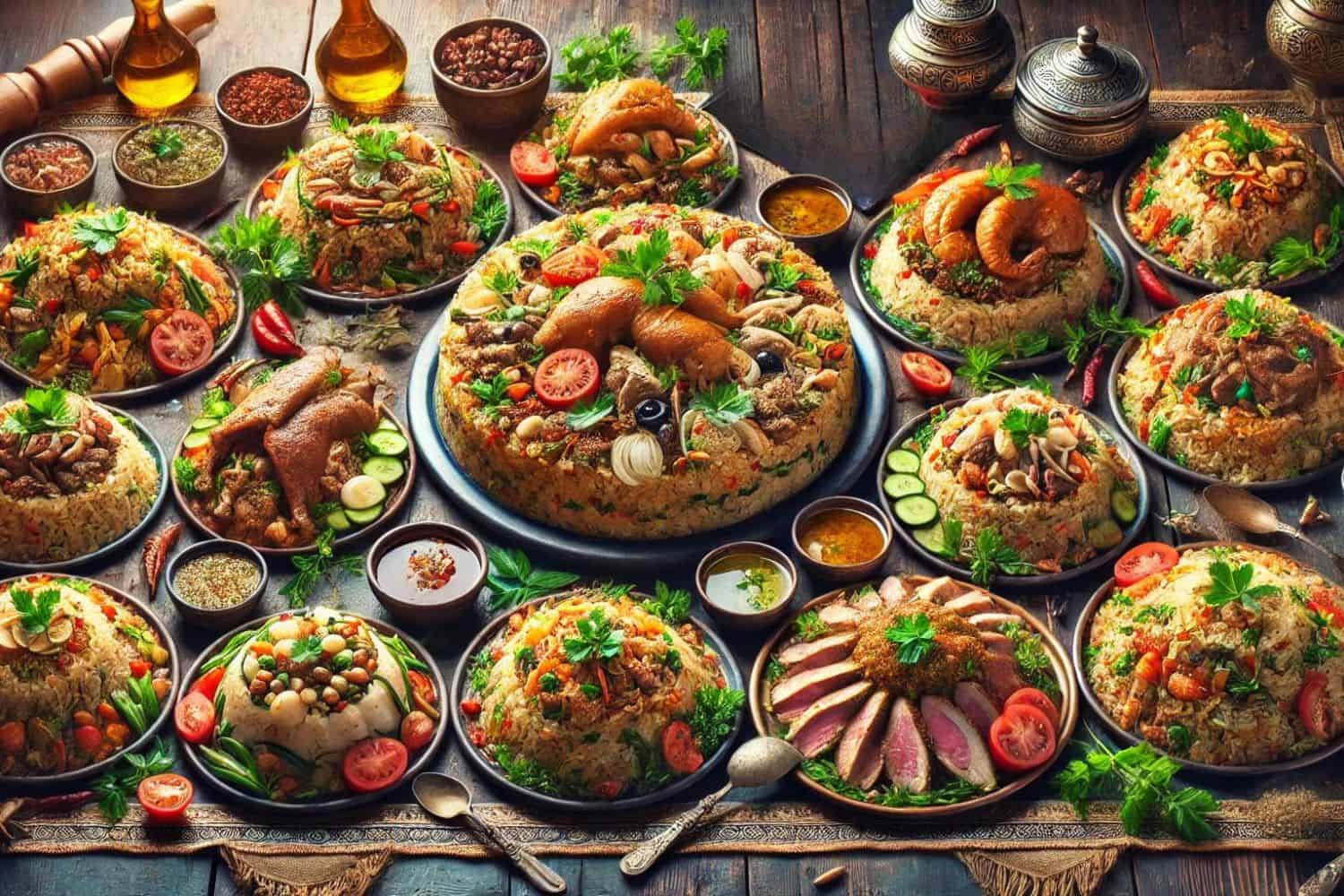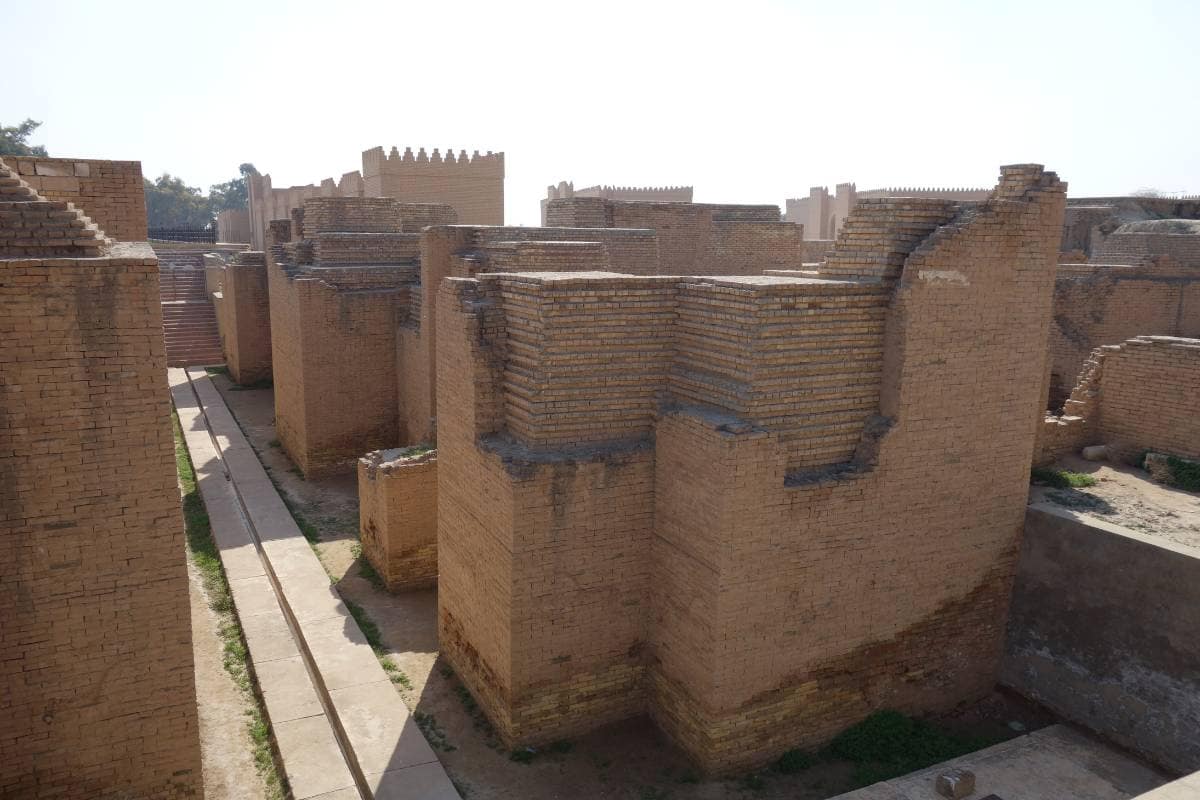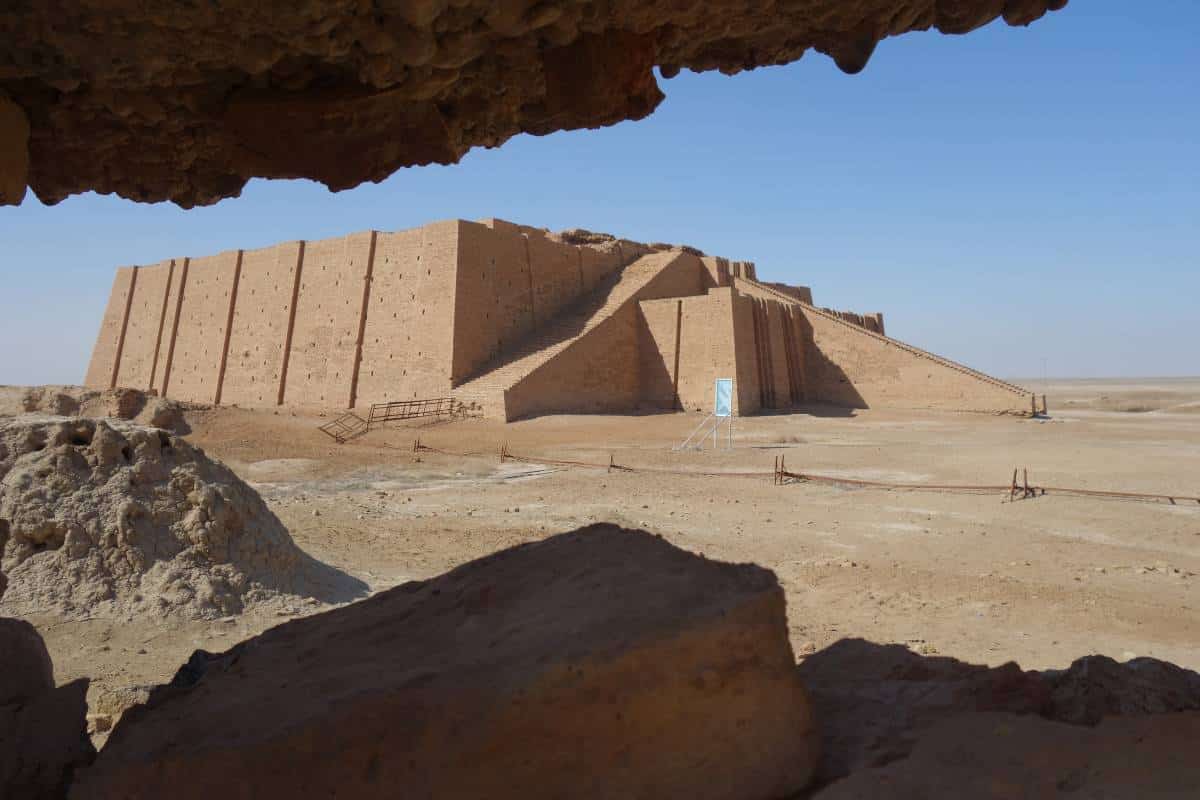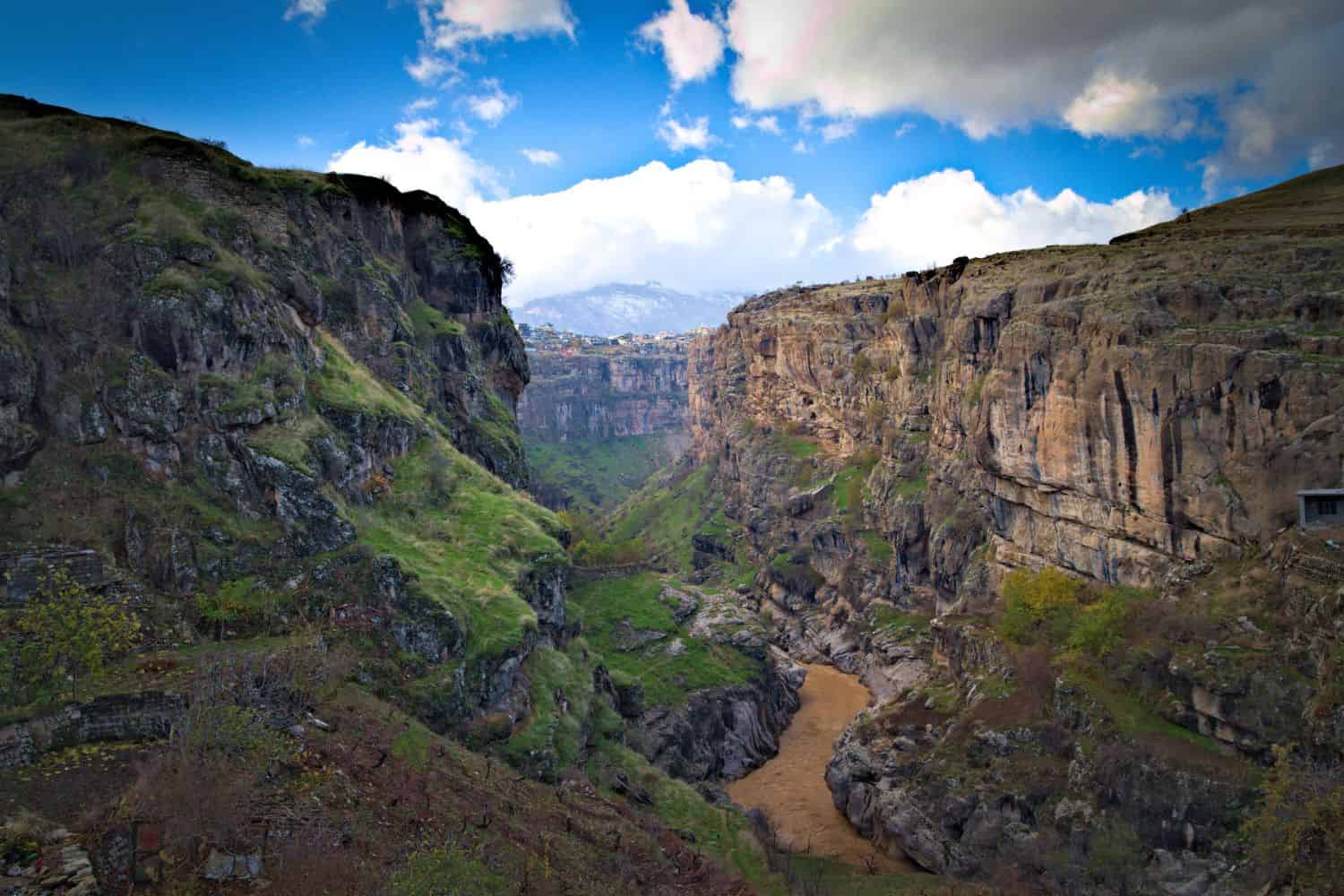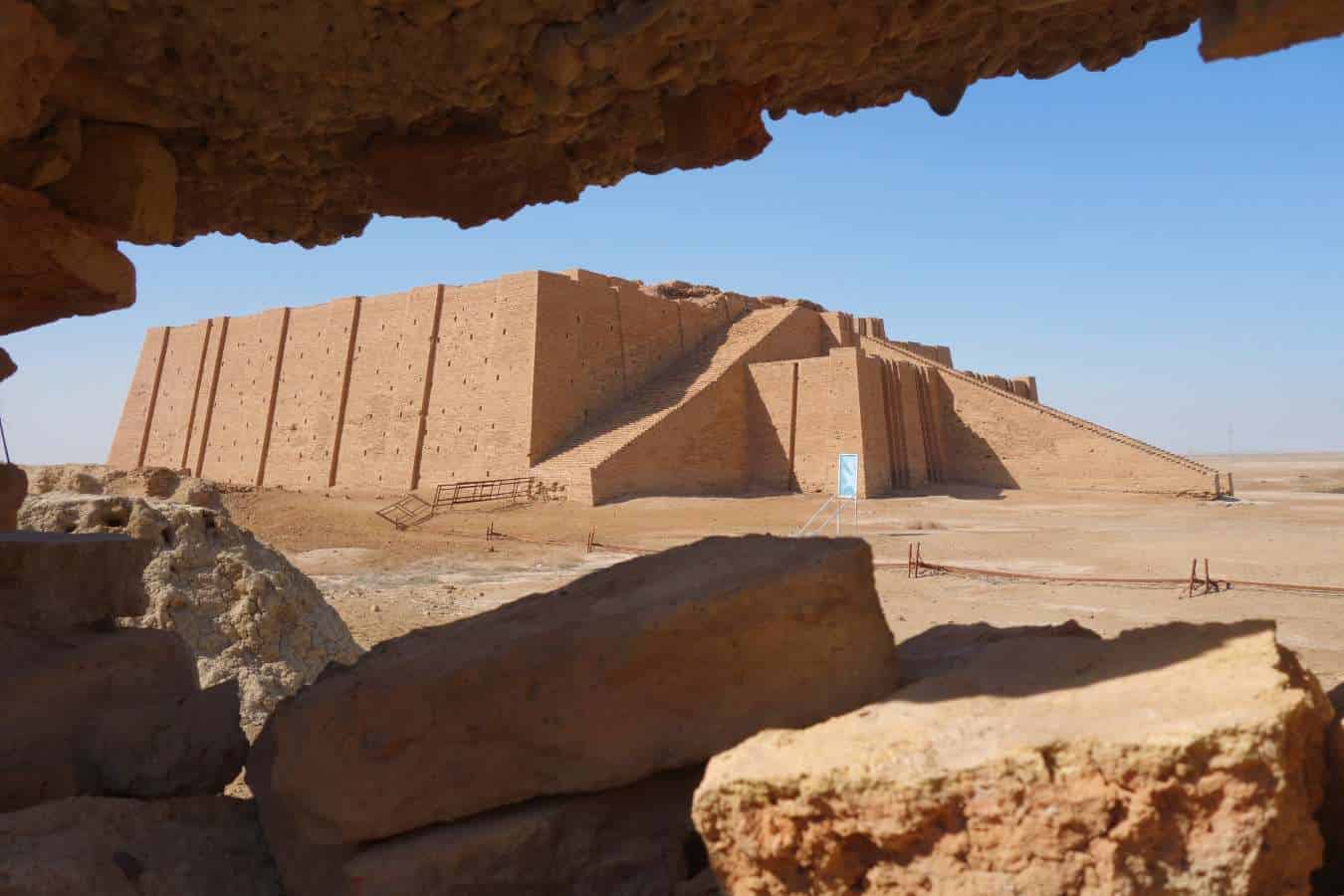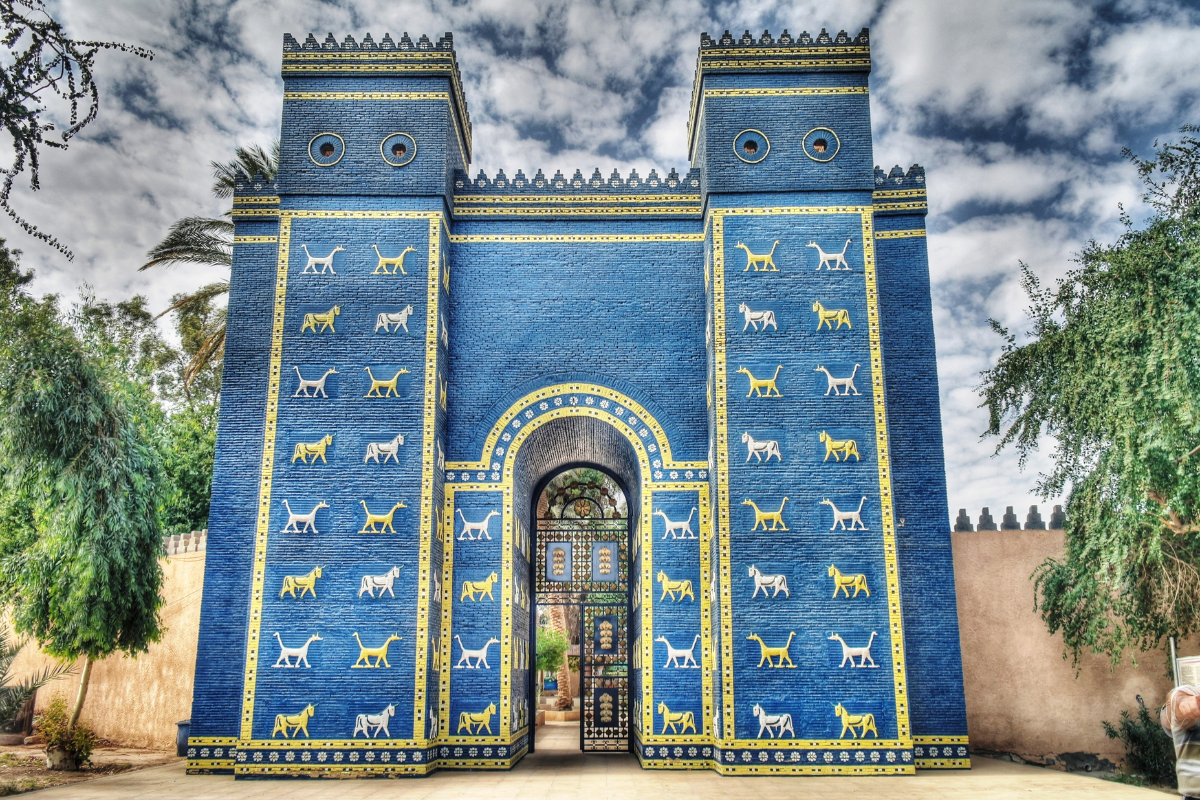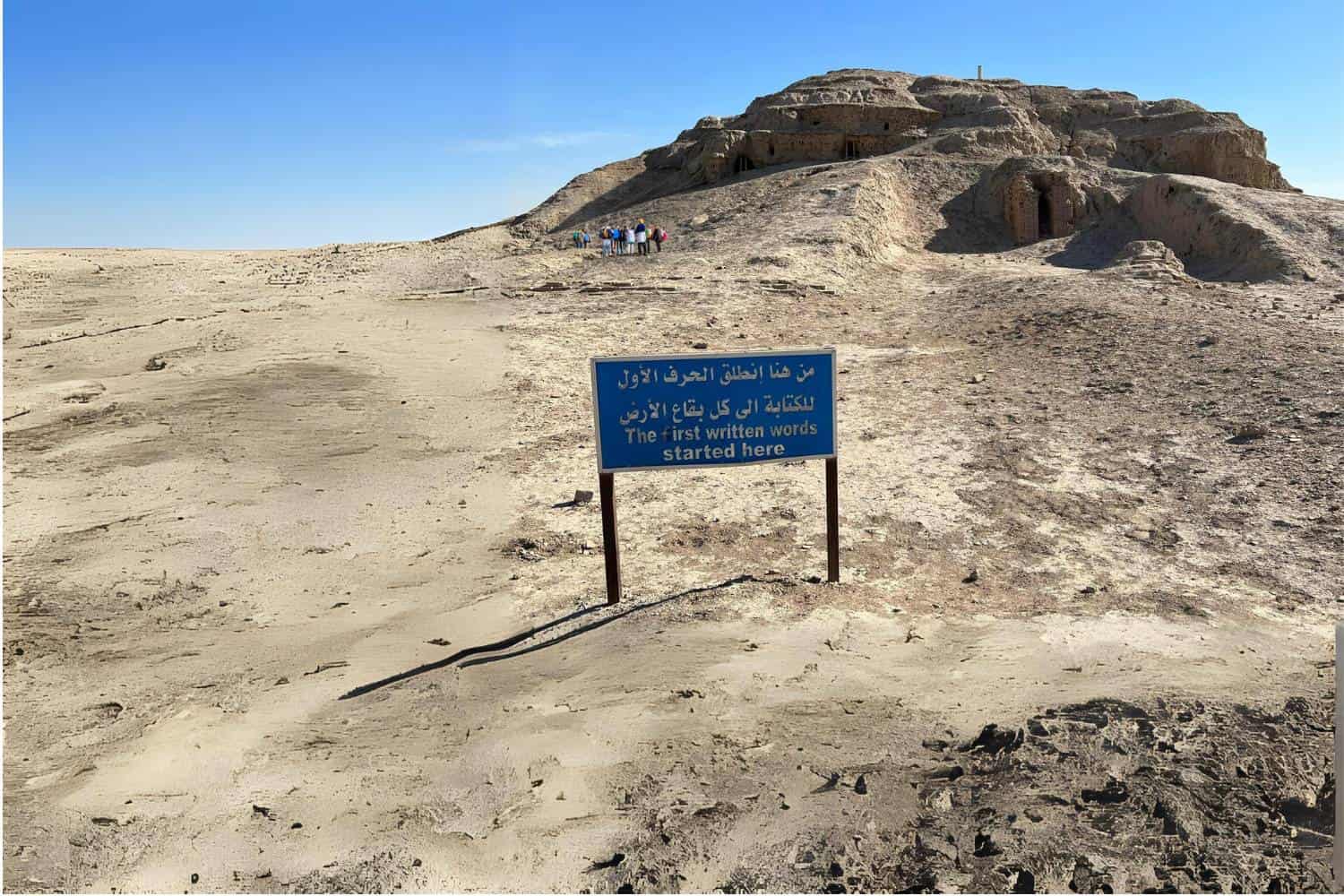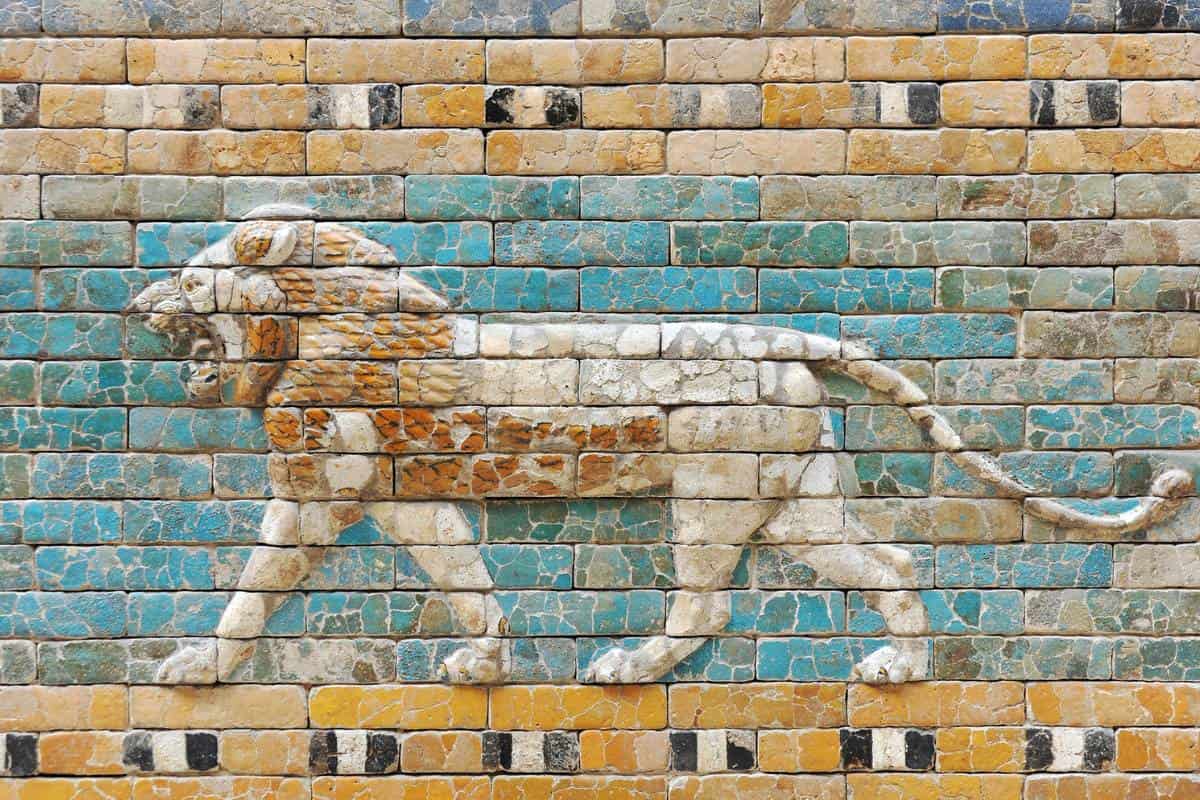Table of Contents
Embarking on a culinary journey through Iraqi food reveals a captivating array of flavors and cultural richness. The food from Iraq, influenced by Middle Eastern and Persian traditions, offers a delightful fusion of tastes. From cherished traditional dishes to enticing street foods, Iraqi food presents a treasure trove of mouthwatering delights that showcase the vibrancy of its food culture. Let’s explore the diverse and tantalizing world of Iraqi cuisine.
Top Ingredients of the food of Iraq
In the food of Iraq, a vibrant tapestry of flavors is created through the skillful combination of various ingredients. Here is a list of the most commonly used ingredients that form the backbone of Iraqi culinary traditions:
Rice: Rice is a staple grain in Iraqi cooking, used as a foundation for many dishes and known for its aromatic and fluffy texture.
Lamb: Lamb is a favored meat in Iraqi food and is featured in many traditional dishes, providing succulent and tender flavors.
Wheat: A versatile ingredient, used in various forms including bulgur wheat for dishes like kubba and cracked wheat for soups.
Cumin: This warm and earthy spice is widely used in Iraqi dishes to enhance the flavors of stews, rice dishes, and meat preparations.
Garlic: A fundamental ingredient in Iraqi cooking, garlic adds a pungent and aromatic element to various dishes, including marinades and sauces.
Chickpeas: Chickpeas are a versatile ingredient used in soups, stews, and salads like hummus, lending a creamy and nutty taste.
Cardamom: A fragrant spice used in both sweet and savory dishes, imparting a unique aroma and flavor to Iraqi cuisine.
Turmeric: Known for its vibrant yellow color, turmeric is used to add depth and a subtle bitterness to many Iraqi dishes.
Dill: A popular herb used in Iraqi cooking, adding a fresh and tangy flavor to dishes like rice, stews, and salads.
Dates: A cherished ingredient in Iraqi cuisine, used in both sweet and savory preparations, including desserts, stuffing, and rice dishes.
These ingredients, along with a variety of herbs, spices, and other regional produce, contribute to the diverse and captivating flavors found in food in Iraqi culture.
The variety of food from Iraqi cuisine
When it comes to Iraqi foods, there is an abundance of options to entice your taste buds. From hearty stews to fragrant rice dishes, the traditional foods in Iraq offer a delightful array of flavors. Explore dishes like the savory kubba, a meat-filled dumpling made with cracked wheat, or indulge in the aromatic biryani, a flavorful rice dish layered with meat, vegetables, and aromatic spices. These traditional recipes reflect the rich culinary heritage that has been passed down through generations.
Sampling foods from Iraq is a delightful experience that unveils a world of taste sensations. One cannot miss the opportunity to try the iconic dish, masgouf. This traditional Iraqi grilled fish is marinated with a blend of spices, slow-cooked over an open flame, and served with fragrant rice. It is a true testament to the delicious simplicity that is so beloved in Iraqi cuisine.
As you explore the rich food in Iraqi culture, you’ll discover the cherished tradition of communal dining through the concept of “mazgouf.” Gathering around a shared table, friends and family partake in a feast of flavors, engaging in lively conversations and creating lasting memories. From the comforting warmth of traditional lamb and okra stew, known as bamia, to the aromatic delight of chicken biryani, every bite reflects the spirit of togetherness and culinary excellence.
While visiting the best Iraqi tourist attractions, you can try all of the best recipes from Iraq. We have available a wide range of tours in Iraq that you can choose to visit the country.
Best foods in Iraq
When it comes to Iraqi foods, the culinary scene offers a distinct and captivating experience. Among the standout dishes, Iraqi cuisine is celebrated for its mastery of flavors and unique preparations. Let’s delve into the best foods that define the rich tapestry of Iraq’s culinary heritage.
One cannot overlook the iconic dish of Iraq, masgouf. This grilled fish delicacy, traditionally made with river fish, is marinated in a tantalizing blend of spices and cooked to perfection over an open fire. The smoky aroma and tender flesh make masgouf an absolute delight for seafood lovers, showcasing the skill and expertise of Iraqi cooks.
Another beloved Iraqi dish is kubba. These delectable meat-filled balls are a true testament to the culinary artistry of Iraq. Made with finely ground meat, bulgur wheat, and an array of fragrant spices, kubba showcases the exquisite flavors that define Iraqi cuisine. Whether they are baked, fried, or enjoyed raw, kubba captivates the taste buds with its distinctive texture and rich taste.
Iraqi cuisine embraces a diverse range of spices and herbs that elevate the flavors to new heights. From the warm notes of cumin and coriander to the subtle hints of cinnamon and sumac, each dish tells a story of the careful selection and skillful blending of spices. Fresh herbs like parsley, mint, and cilantro add a burst of freshness, creating a harmonious balance of flavors that make Iraqi food truly exceptional.
Most famous Iraqi foods
Here are the top most famous foods in Iraq that have garnered recognition both locally and internationally:
Masgouf: A grilled fish dish, typically made with freshly caught river fish, marinated in a blend of spices and cooked over an open fire. It is known for its smoky flavor and tender flesh.
Kubba: A popular Iraqi dish made from finely ground meat (often lamb or beef) mixed with bulgur wheat and aromatic spices. The mixture is shaped into balls or patties and can be baked, fried, or enjoyed raw.
Tashreeb: A traditional Iraqi soup made with flatbread soaked in a flavorful broth, often cooked with lamb or chicken and seasoned with herbs and spices. It is a comforting and nourishing dish.
Dolma: Stuffed grape leaves or vegetables such as zucchini, eggplant, or bell peppers. The filling typically consists of a combination of rice, ground meat, herbs, and spices. Dolma can be served as an appetizer or a main course.
Biryani: A fragrant rice dish cooked with meat (often chicken or lamb), aromatic spices, and sometimes mixed with vegetables or dried fruits. Iraqi Biryani is known for its rich flavors and is often served during special occasions.
Quzi: A festive dish consisting of slow-roasted lamb or goat served on a bed of aromatic rice mixed with spices, nuts, and raisins. Quzi is a centerpiece dish often served at weddings or important gatherings.
Sammon Bread: A traditional Iraqi bread with a soft and fluffy texture. It is often enjoyed with meals or used to make sandwiches, such as the popular street food shawarma.
Qeema: Popular dish in Iraq made with ground meat, often beef or lamb, cooked with a variety of spices, herbs, and vegetables. The meat is typically sautéed with onions, garlic, and a blend of aromatic spices such as cumin, coriander, turmeric, and cinnamon.
These renowned Iraqi dishes showcase the richness and diversity of the country’s culinary heritage, making them popular not only within Iraq but also among food enthusiasts around the world.
Iraqi desserts
No exploration of Iraqi cuisine would be complete without indulging in the delightful sweets and desserts. When it comes to Iraqi sweets, one cannot resist the allure of kleicha. These traditional pastries, often filled with dates or nuts, are a delightful treat that reflects the love for sweetness in Iraqi culture. The flaky pastry, rich fillings, and fragrant aromas make kleicha a perfect indulgence to round off a memorable meal.
Kleicha: A delectable Iraqi pastry that combines buttery dough with sweet fillings such as dates or nuts. The dough is rolled out into thin sheets, filled with the desired filling, and then folded over to create crescent or circular shapes.
Kunafa: A luscious and indulgent dessert made of shredded pastry dough layered with sweet cheese, baked until golden, and soaked in sweet syrup.
Baklava: A rich and sweet pastry made of layers of filo dough filled with chopped nuts, sweetened with syrup or honey, and flavored with aromatic spices.
The culture behind the Iraqi food
The culture behind Iraqi food is deeply rooted in history, tradition, and a sense of community. Iraqi cuisine reflects the diverse influences and cultural exchanges that have shaped the country over the centuries. From ancient Mesopotamian civilization to the Arab, Persian, and Ottoman empires, each era has contributed to the rich tapestry of flavors and techniques found in Iraqi dishes.
Food in Iraq is more than just sustenance; it is a means of celebration and connection. Iraqi culture places great importance on hospitality, and sharing a meal is a way to show warmth and generosity to guests. Family and community play a central role in Iraqi dining, with meals often being a gathering of loved ones, fostering strong bonds and creating lasting memories. The preparation of traditional dishes, such as masgouf, kubba, or kleicha, is often a collaborative effort that brings people together, reinforcing the sense of togetherness and unity.
Also, read:
Baghdad, Basra, and Erbil
Take a culinary voyage through Baghdad, Basra, and Erbil, and immerse yourself in the captivating flavors that have been crafted and cherished for generations. Let the traditional foods of each city paint a flavorful picture of Iraq’s culinary tapestry, inviting you to savor the unique delights of these remarkable regions.
Within the enchanting world of Iraqi cuisine, each region brings its own distinct flavors and culinary traditions. Let’s embark on a journey to Baghdad, Basra, and Erbil, and discover the delightful differences in their traditional foods.
While all three cities share a common love for ingredients like olive oil, lamb, and rice, it is the unique combinations of spices, cooking techniques, and regional specialties that set their traditional foods apart.
Damascus delights with its subtle spices, Aleppo captivates with its bold and refined flavors, and Latakia enchants with its fresh coastal influence.
Baghdad
In the heart of Baghdad, the capital city, you’ll encounter a vibrant tapestry of flavors that reflects the city’s rich history. Traditional dishes here often feature a harmonious blend of spices like cinnamon, cardamom, and turmeric, infusing the cuisine with warmth and depth. Delicacies such as Quzi, a slow-cooked lamb and rice dish flavored with aromatic spices and garnished with nuts, and Kubbah Baghdadiyah, a dumpling-like dish made with ground meat and cracked wheat, showcase the unique flavors of Baghdad.
Famous food from Baghdad
- Masgouf: A famous Iraqi specialty, masgouf is a grilled fish marinated with a blend of spices and slow-cooked over an open flame. It is traditionally served with rice and a tangy tamarind sauce.
- Tashreeb: This hearty bread and meat soup features tender pieces of lamb or chicken with flavorful broth-soaked bread, creating a comforting and satisfying dish.
- Quzi: A celebratory dish often served during special occasions, quzi consists of roasted lamb or chicken served on a bed of aromatic rice, garnished with nuts and raisins.
Basra
Venturing to Basra, known for its bustling ports and maritime influence, you’ll discover a more seafood-centric cuisine. Basra’s traditional dishes often feature fish and shrimp as the stars, prepared with a variety of spices and herbs. Samak Masgouf, a grilled fish marinated with tamarind and spices, and Gouzi, a hearty rice dish with fish and fragrant spices, exemplify the bold flavors that define Basra’s culinary traditions.
Famous food from Basra
- Makluba: A one-pot dish made with layers of rice, meat (usually chicken or lamb), and vegetables, cooked together and inverted for an impressive presentation.
- Gabout: A spicy fish stew made with local fish, tomatoes, aromatic spices, and herbs, creating a flavorful and aromatic delight.
- Balila: A popular street food in Basra, balila consists of boiled chickpeas seasoned with an array of spices, herbs, and a drizzle of tangy tamarind sauce.
Erbil
Moving northward to Erbil, the cultural capital of Iraqi Kurdistan, you’ll find a delightful blend of flavors influenced by the region’s agricultural abundance. Erbil’s cuisine showcases an abundance of fresh produce, dairy products, and aromatic herbs. Dishin Khan, a hearty stew made with tender lamb, vegetables, and a medley of spices, and Qandula, a traditional Kurdish bread filled with meat and vegetables, exemplify Erbil’s culinary diversity and mountainous charm.
Famous food from Erbil
- Dolma: Grape leaves, cabbage, or vegetables stuffed with a flavorful mixture of rice, ground meat, and aromatic spices, creating a delicious and satisfying meal.
- Kebab: Grilled skewers of marinated meat, such as lamb or chicken, served with aromatic rice and a side of fresh herbs and vegetables.
- Kubba: Deep-fried dumplings made with a mixture of bulgur wheat and ground meat, often served with a tangy sauce or yogurt dip.
Book Your Trip to Iraq Today!
Embark on an unforgettable journey and explore the allure of Iraq through our exclusive tours.

